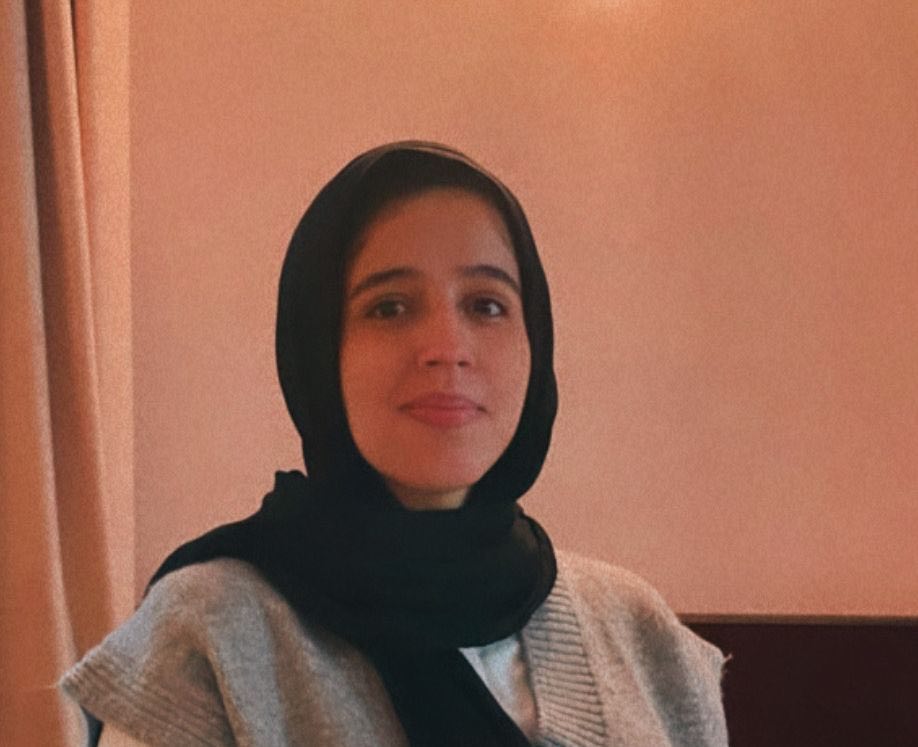In our fast-paced, productivity-reliant, and ambitious society, we often forget about scheduling time for life. In the last few years and with the rise of social media platforms, more pressure arose demanding people to keep up with the productivity wave. It made a regular and slow-paced lifestyle seem terrible. Productivity is not a new concept that emerged suddenly; it is a global measurement tool. For example, the OECD defined it as:
A ratio between the output volume and the volume of inputs. In other words, it measures how efficiently production inputs, such as labor and capital, are used in an economy to produce a given output.
We can use this definition in economic contexts to measure the development of a country. However, applying the same description to an individual’s productivity is also a measurement of a person’s efficiency in completing a task. Hence, productivity is not a negative concept since it measures efficiency. Instead, it becomes toxic right when you become obsessive about it. In other words, becoming overly productive; doing too much ”work” to fool yourself that you are doing great. Toxic productivity is when it becomes destructive to your mental and physical health rather than elevate you.
Drowning in Productivity
Technological advancement has allowed the world to be more open and accessible through the internet. With that came so much pressure with the diversity and speed of content shared online daily. Social media platforms changed how people perceive productivity. Unfortunately, the working demands of our world pushed many people to prioritize and only prioritize their work over anything else, including family, friends, and physical and mental health. It forced people and made them feel guilty whenever they felt overwhelmed or tired, pushing them to work even more.
Following the work of Liz and Mollie on Instagram and then reading their book ”Big Feelings” has been beneficial. They have managed to simplify and outline the feelings we all feel in common when we are troubled, especially when it comes to working and being productive.
For example, the image to the left shows our common thought when thinking about productivity. In reality, productivity includes many aspects that make up our daily routine that we tend to ignore or erase.
Sadly, people began to take pride in hard work within the productivity culture. It left many people working too much and making less and less time for themselves. Guilt is also an essential factor in the equation of hard work; feeling guilty will make you feel bad for not doing enough that you end up doing more and more with no limits.
I struggle with productivity; in the last few years, it became the only thing that mattered in my life. I eventually felt overwhelmed, anxious, stressed, and always at the edge of my feelings, as Liz and Mollie call them, all the big feelings. It eventually affected my health, leaving me struggling with sleep deprivation even when I deliberately exhausted myself. I went through big feelings during the pandemic, and it was challenging to function.
Sometimes the Solution is in Re-Learning
One of the things that helped me deal with toxic productivity to find my way out was to re-learn healthy practices. People tend to learn, and performing specific actions a few times becomes a habit. However, it is your call to make those habits either healthy or toxic. In other words, getting into toxic productivity culture is part of picking up a new habit. Nonetheless, it gets amplified with strong, primarily negative feelings that push us to our limits and beyond.
With time, I understood that living a toxic lifestyle that focuses on being overly productive was not healthy. It needed action on my part. Therefore, I had to teach myself again that productivity is not about perfectionism or working all the time to feel temporary satisfaction. In reality, it is about not forgetting ourselves through it all. I won’t return the lost time with family and friends. I am already feeling bad for the time I lost and still losing away from my family and friends because of overworking and focusing on achieving more. Recently, I realized that my youngest brother, whom I left in third grade, is now getting into 8th grade. Sadly, I missed his four years of growing from a young boy to getting into his teenagehood quickly, and I can’t have that time back.
Therefore,
I keep teaching myself to stop working at a specific time and focus on myself. Whether I have to work out or go out for a run, clean my space, read a book, cook, or relax. Even if there is still time for the day to finish, resting is a priority. My brain now understands that my schedule is not only for working. There is a specific time in my day when work is over, and it is okay.
It is vital to stay alert whenever you find yourself falling into the trap and make sure to pull yourself back quickly. Life is not only about work, even though it is essential. Many things are just as important, if not more, especially your health. Enjoying life and having a regular or routine life is not bad, don’t believe those who tell you otherwise. Your work is part of the story but not the whole story.









